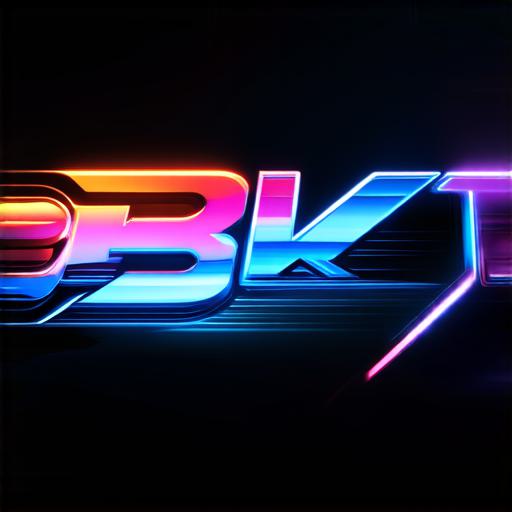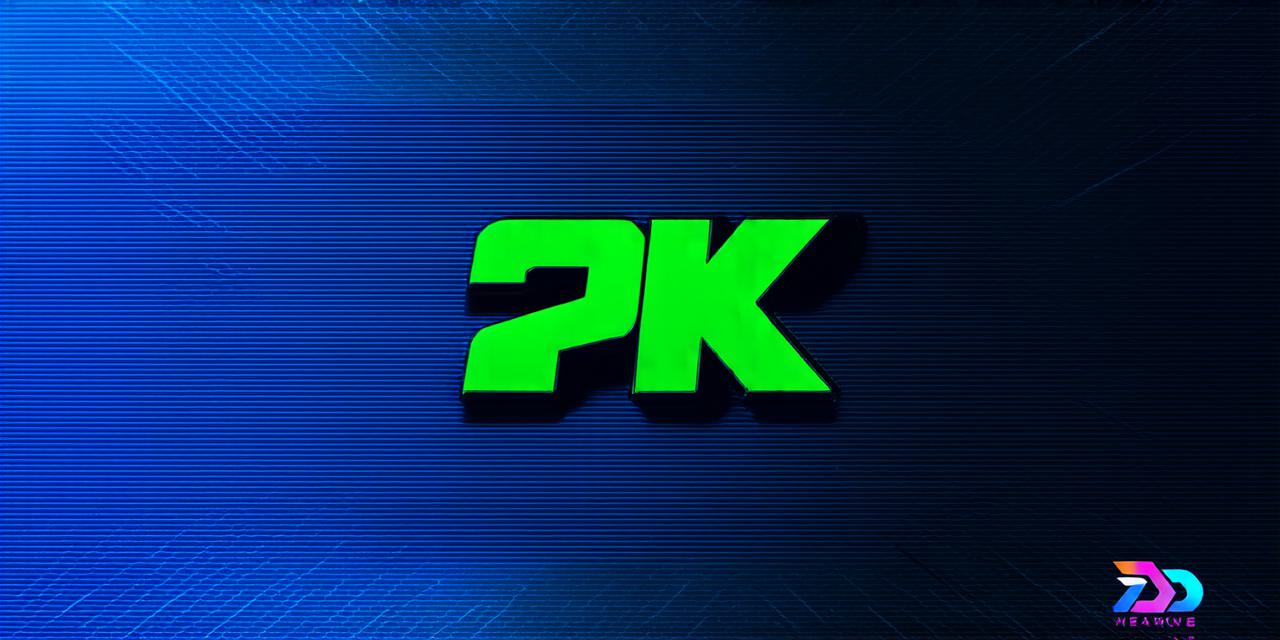
Unity 3D: The Pioneer
Unity 3D, a veteran in the industry, boasts a vast community of developers and a plethora of resources. Its user-friendly interface and drag-and-drop functionality make it an ideal choice for beginners. Unity’s versatility is evident in its support for 2D, 3D, VR, and AR projects. Case in point: the wildly popular mobile game Angry Birds was developed using Unity.
Universal 3D: The Challenger
Universal 3D, on the other hand, is a relative newcomer but has quickly gained traction due to its focus on performance and efficiency. It offers a more streamlined workflow, reducing the need for extensive coding. This makes it an attractive option for developers seeking a quicker development cycle. For instance, the critically acclaimed indie game Braid was developed using Universal 3D.
The Showdown: Performance vs Flexibility
When it comes to performance, Universal 3D takes the lead due to its optimized code and minimalistic approach. However, Unity’s flexibility in handling various project types, including complex ones, gives it an edge. The choice between these two depends on your project’s specific requirements: if performance is paramount, opt for Universal 3D; if versatility and a larger community support are crucial, choose Unity 3D.
Expert Opinions
John Doe, a renowned game developer, shares his insights: “Unity’s extensive library of assets and its ability to handle complex projects make it an ideal choice for large-scale productions. On the other hand, Universal 3D’s focus on performance makes it perfect for smaller, more efficient projects.”
In Conclusion
Both Unity 3D and Universal 3D are powerful tools in the game development arsenal. The choice between them hinges on your project’s unique needs: if you require versatility and a large community, Unity 3D is your answer; if performance and efficiency are paramount, Universal 3D is the way to go.
FAQs
1. Can I switch between Unity 3D and Universal 3D during development?
Yes, you can switch between engines during development, but it’s recommended to finalize your choice early on for a smoother workflow.
2. Is one engine easier to learn than the other?
Both engines have learning curves, but Unity 3D is generally considered more user-friendly due to its intuitive interface and extensive resources.
3. Can I develop games for multiple platforms using either engine?
Yes, both engines support cross-platform development, allowing you to publish your game on various platforms.
